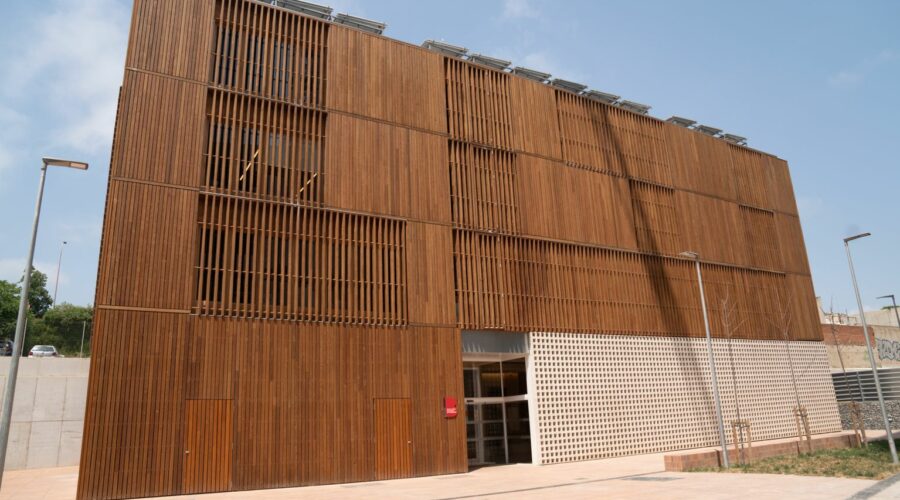The recent general elections in Catalonia have brought a significant revelation: the collapse of the pro-independence vote. Surprisingly, support for Catalonia’s secession from Spain did not even reach 30 percent, a monumental setback for the separatist movements. As the dust settles, it becomes clear that this outcome has far-reaching implications for the region’s political landscape. In this article, we will delve into the reasons for this unexpected turn of events and analyze its consequences for the future of Catalonia.
The PSOE becomes the leading force
The astonishing rise of the PSOE in the recent Catalan elections has consolidated it as the most influential political force in the region. Their recognition among the population is reflected in their landslide victory, in which they won more support than all other parties combined. This overwhelming result illustrates a drastic change in the political landscape, as the Catalan population has clearly rejected the secessionist agenda in favor of the PSOE platform. Now that the party assumes leadership, it must face the challenge of meeting the needs and aspirations of a diverse electorate, while carefully navigating the complexities of the Catalan political scene.
The PSOE’s rise to the top of the Catalan political scene shows the changing dynamics of the region’s politics. Its resounding success at the polls demonstrates the confidence that the population has placed in the party. This momentous victory is indicative of a desire for stability, unity, and a new direction in governance, as opposed to the independence that has reigned in recent years. As the PSOE takes the reins, the potential for changes in policies, alliances and priorities is great, and their leadership will come under great scrutiny as they attempt to shape the future of Catalonia.
Decline in participation
A plummeting turnout: When the clock struck 14:00 on election day, only 36.75% of Catalans had cast their vote, symbolizing a drop of almost four points compared to the previous election. This drop in turnout is particularly worrying, especially in the pro-independence constituencies, where turnout fell by six points. The only regions with a slight upturn in voter turnout were the Canary Islands and the Balearic Islands. This drop in turnout illustrates a feeling of demobilization and a call for abstention by certain separatist sectors, which translates into a lower overall involvement in the electoral process.
Despite the plummeting turnout, it is essential to note that the final turnout in the Catalan general election still reached 65.4%. However, this figure is notably lower than the 69.39% recorded in the 2019 elections. Several elements could be responsible for this decline in turnout, such as the loss of confidence in the effectiveness of the voting process among some sectors of the population. Regardless of whether it was due to demoralization or indifference, it is clear that a considerable part of the Catalans decided not to use their democratic right to vote, which influenced the overall outcome of the elections.
The drop in turnout has also raised concerns about the future political scenario in Catalonia. With the disintegration of the pro-independence vote, which did not reach 30%, it is evident that there has been a considerable transformation in the political dynamics. The leading force in these elections has become the PSOE, receiving more votes than all other parties combined. This alteration of the political landscape, coupled with the plummeting engagement, highlights the evolving sentiments and priorities of the Catalan electorate. It remains to be seen how this decline in engagement will shape future governance and decision-making processes in Catalonia.
Voting results
The results of the general elections in Catalonia have revealed a significant decrease in the pro-independence vote, falling below the 30% benchmark. This result is a major setback for the separatist movement, as the PSOE has become the dominant political force in the region, receiving more votes than all other parties combined.
Analysis of the voting process suggests that demobilization and calls for abstention from some separatist sectors have contributed to the lower turnout, especially in pro-independence areas. Despite this, voter turnout in the Canary Islands and the Balearic Islands experienced a slight upturn. This illustrates the region’s intricate and varied political climate.
As of 2 p.m. on election day, only 36.75% of Catalans had cast their vote, down 4 points from the previous election. Political parties are increasingly concerned about the implications of this decline in turnout, prompting the need for further research into the factors affecting voting behavior.
The overall participation rate of 65.4% is a significant decrease from the 69.39% recorded in 2019. This decline further underscores the importance of the voting results, and the changing political dynamics in Catalonia. The poll conducted by the CEO in December predicted that the PSC would win the elections following JxCat’s withdrawal from the Catalan government, giving us a glimpse into the possible future of the region.
Results of the 23J elections in Barcelona
In the province of Barcelona, the electoral results were as follows: the Spanish Socialist Workers’ Party (PSOE) obtained the greatest support, becoming the most voted option with 900,003 votes, representing 35.82% of the total votes. On the other hand, Sumar has fallen 600,000 votes short of becoming the leading political force in Barcelona.
Election results in Tarragona
In the province of Tarragona, the results were as follows: the PSOE obtained the largest number of votes, with 32.83% of the votes (116,519 votes). Meanwhile, ERC has fallen 60,000 votes short of becoming the leading political force in Tarragona.
Election results in Girona
In the province of Girona, the PSOE obtained the largest number of votes, consolidating its position as the most supported political force. The party led by Pedro Sánchez obtained 91,408 votes, achieving significant support from the population of Girona. For its part, Junts has positioned itself as the second political force with 62,270 votes.
Election results in Lleida
In the province of Lleida, the results were similar to those recorded in the rest of the region. The PSOE has consolidated its position as the main party, obtaining 28.97% of the votes. However, ERC came in second place as a political force, with 18.91% of the votes (30,580 votes).




